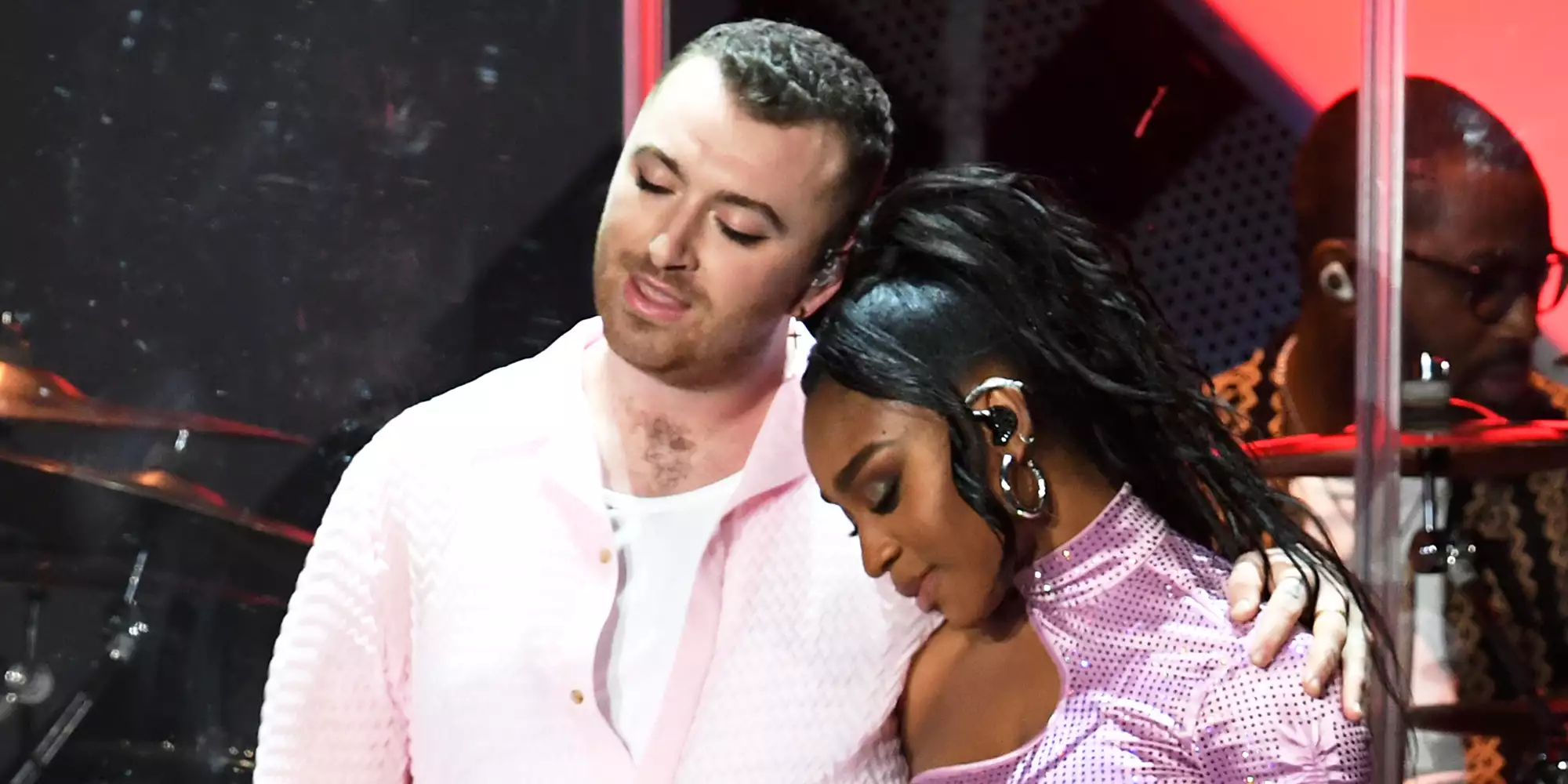In yet another case of alleged copyright infringement, three artists filed a claim on March 4, 2022 in the United States District Court for the Central District of California against superstars Sam Smith and Normani for purportedly copying elements from the trio’s song “Dancing With a Stranger”.
Songwriters Jordan Vincent, Christopher Miranda, and Rosco Banlaoi claim Smith and Normani’s 2019 multi-platinum hit of the same name is “nearly identical” and “strikingly similar” to a song they published on Vincent’s YouTube and Spotify channels in 2017.
Along with sharing the same name, the plaintiffs allege that the chorus and composition of the two songs are substantially the same, writing that “the hook/chorus in both songs — the most significant part and artistic aspect of these works — contains the lyrics ‘dancing with a stranger’ being sung over a nearly identical melody and musical composition.”
The suit further contends that Smith and Normani swiped the plaintiff’s music video for the song, claiming that “both videos consist of a girl performing interpretive dance alone in a minimalist studio, interspersed with shots of the male vocalist,” and that “a girl dancing alone is not an obvious visual theme for a music video titled ‘Dancing with a Stranger,’ tending to dispel any notion that this similarity is a coincidence.”
The complaint concludes that “when the extraordinary musical similarity between the songs is also factored in, it becomes even more apparent that it is impossible that the infringing composition and sound recording were independently created.”
The plaintiffs also assert that Smith and Normani had “access” to their earlier recording, which could create a presumption that the work was actually copied. The suit alleges both that the song was widely available on social media, and that Smith and Normani’s Thrive Records had access to the song and was “extremely interested in using plaintiff’s song for another artist.”
Vincent, Miranda, and Banlaoi seek a jury trial along with statutory and compensatory damages, punitive damages, direct and indirect profits, and other equitable relief, asserting that “as a result of defendants’ exploitation of plaintiff’s song without permission, they obtained a massive international hit single which generated significant revenue and profits.”
The suit claims that representatives of Smith and Normani were contacted in 2020 to “come up with an innocent explanation,” but never responded to the request.
Representatives for Smith and Normani also have yet to comment on the suit.
This is one of a host of recent copyright claims being brought against the writers and performers of popular hit singles.
It will be worth following whether this or any of the similar claims meet with substantial paydays for the plaintiffs, which will likely determine whether this litigious trend in popular music continues.
If someone is infringing your copyright and you need assistance, give The Myers Law Group a call today at (888) 676-7211.







